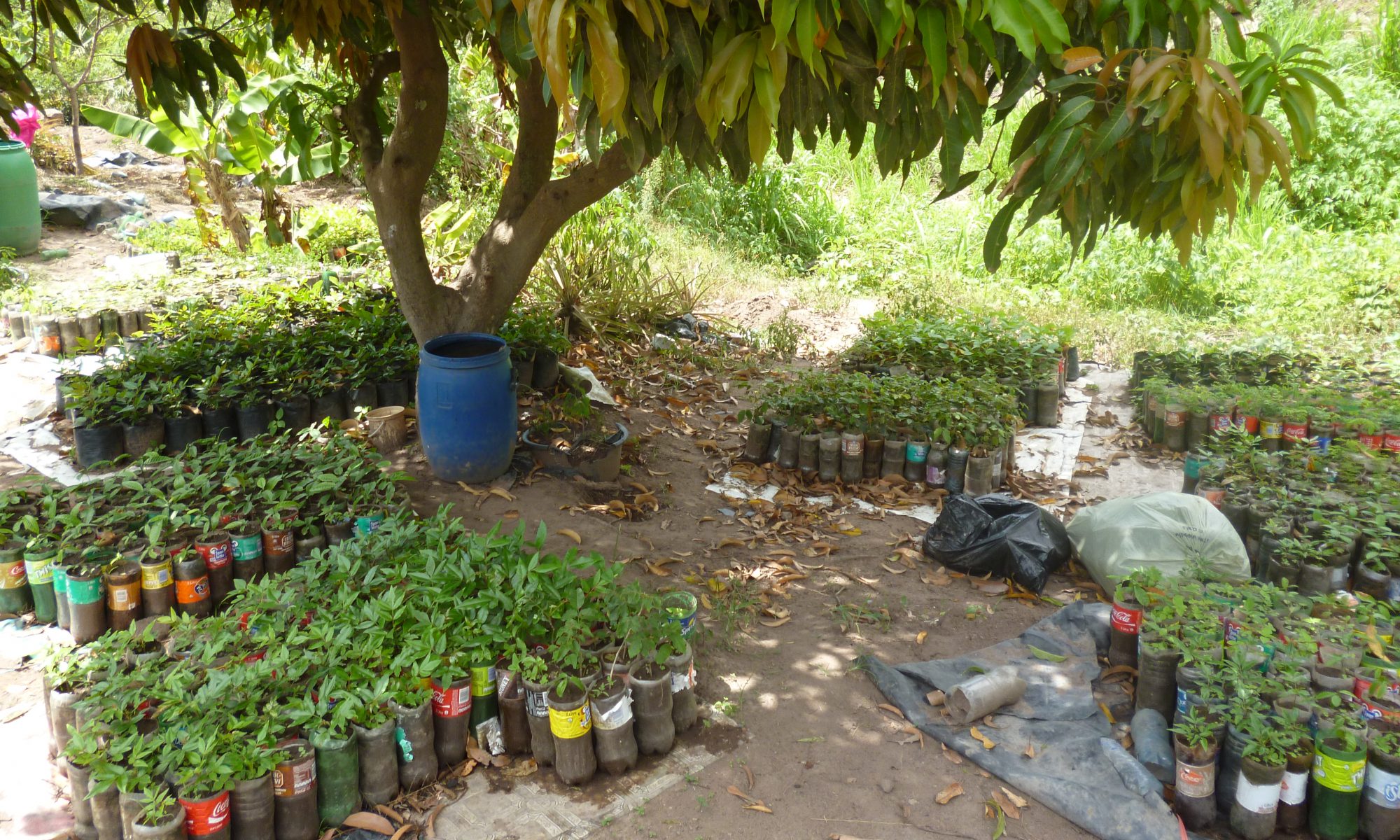Poverty Reduction
Objective: to establish what still needs to be measured and why. Rationale: there is a need to think about what type of numbers generate social change and what type of ones do not; about where measuring something leads to outcomes that have traction in public policy, and again, lead to social change; and building on the conundrum that Sian Sullivan lays out in Working Paper 3 from the University of Manchester Centre (http://thestudyofvalue.org/publications/), reflecting on this great contradiction across critical ontology that some people think it is a good idea to strategically engage with quantification and measurement processes (such as biodiversity offsetting, carbon accounting, ecological debt) to serve a social good (that is along the maxim, if it does not have a price, it does not have a value), whereas others see this as a moral hazard and as fairly automatically detracting from a thing’s intrinsic value in exposing imminent disposability. The act of measurement here is entrained in a calculative logic which quickly tends to replicate the logic of the commodity and accumulation more broadly. So the objective is to explore why we measure; what happens when the numbers get embedded in discourse; and how do we know if we are generating the ‘right’ numbers to catalyse social change. One disciplinary aspect of this is to explore the cultural economy of numbers in critical public policy work.
Current and recent projects:
- Analysis of the Clairwood’s survey “The Dig-out port expansion: what is the value of this development”
- South Durban urban research: Phase II
- Poverty Reduction and Housing Provision in South Africa: a case study of Jozini
- An Evaluation of the value of South Africa’s Broad Based Black Economic Empowerment Policy
- Manufacturing Firm Survey analysis – towards Inclusive Growth
Ecology and poverty reduction
Objective: to commence a collaborative research stream on ecology and poverty, particularly on the sorry state of the evidence base for the association between climate change adaptation projects and poverty reduction (which seem to me to encompass a whole range of projects with very differential socio-economic effects in practice). For example, current OECD spending on climate change finance is around USD $9 billion, with around USD $4 billion assigned to adaptation (as opposed to mitigation), and over 60 per cent of this is spent under the category ‘transport’[1]. This suggests that the means to empower poor people in the face of climate change are currently attracting next to no international donor funding. It looks unlikely that the Green Climate Fund is going to produce its ‘paradigm shift’ to this expenditure pattern soon, which suggests that the people themselves, and local government ideally, remain at the centre of service delivery in relation to climate change adaptation. The research proposed will study both the empirical evidence base for ecological infrastructure and poverty alleviation locally and globally, creating a database of actual spends in the climate adaptation category for major climate finance outlets. We may also find worth in studying the gaming strategies emerging in public policy which create income earning narratives around this evidence base, but not necessarily with much to do with it logically.
Current and recent projects:
- Climate change adaptation and poverty reduction co-benefits: human capabilities towards green micro-enterprise
- The performativity and anti-politics of the Green Climate Fund
- The carbon economy: assets, derivatives, and virtuality
Economic justice and the accountability of wealth
Objective: Poverty is best understood as relational, multi-dimensional and socially and economically embedded in space, place and time. As such research to reduce poverty not only has to understand how poor people live and aspire, but also the relationships that maintain them in place, including those with the more wealthy and those with employers and government. The fiscal base, expressed as a proportion of gross domestic product (GDP), of African countries in general remains at between a half to a third of that of European countries, meaning that governments struggle to raise the taxes necessary to fund social welfare and social protection. In this research stream we will be looking at issues of macroeconomic governance, economic justice, tax justice, corruption, and how the corporate sector contribute or not to development and poverty reduction.
Current and recent projects:
- South African corporate diamond mispricing
- Connected Africa: a study of political connectivity
- Philanthropy and Illicit Financial Flows
- Critical thinking in financial opacity
[1] Figures given by OECD at the Poverty and Environment Platform meeting, Durban, May 2014.
